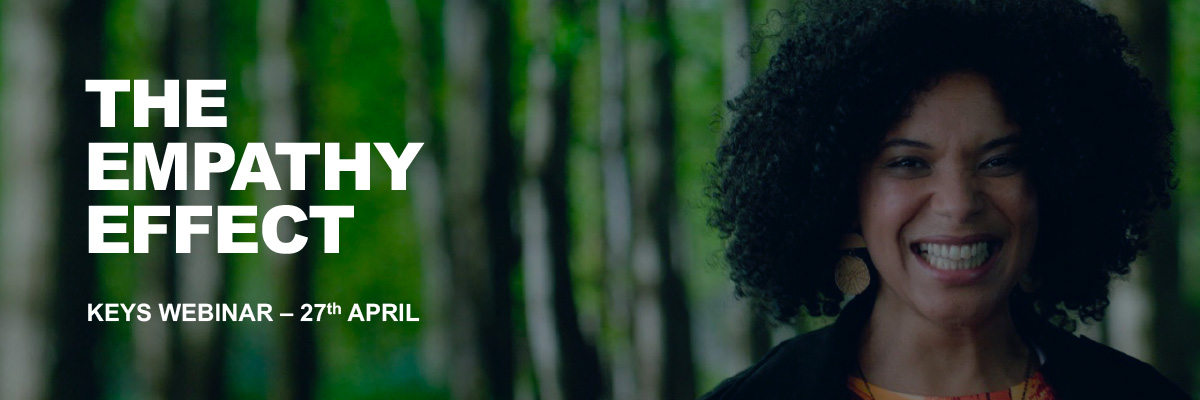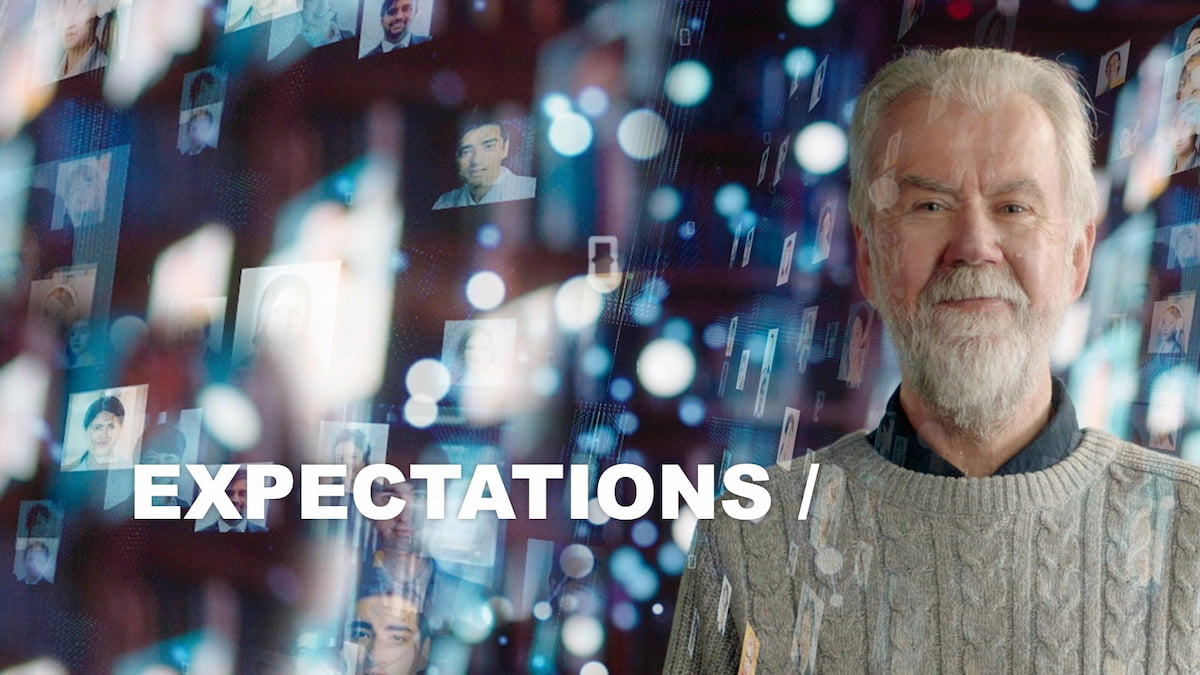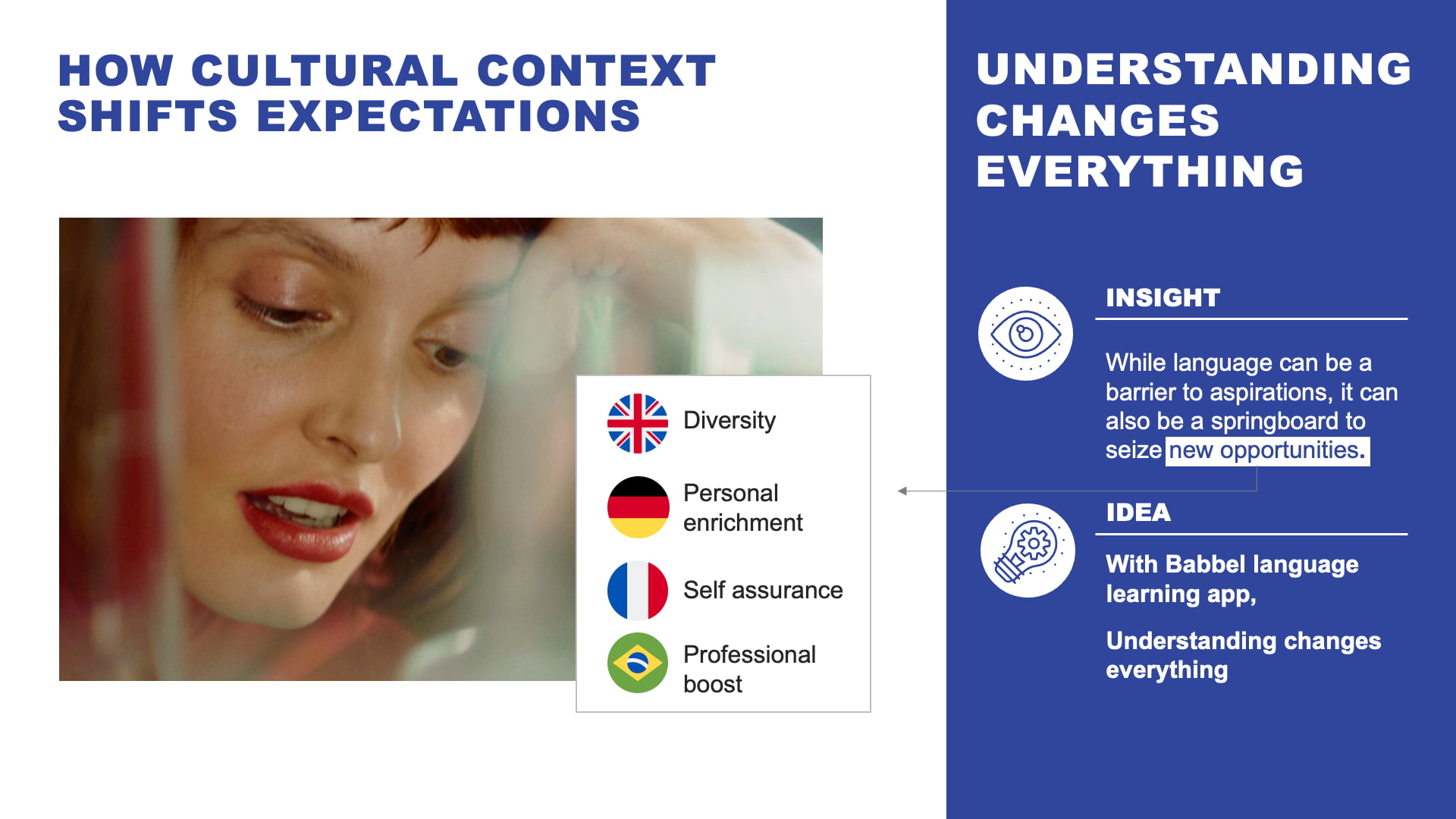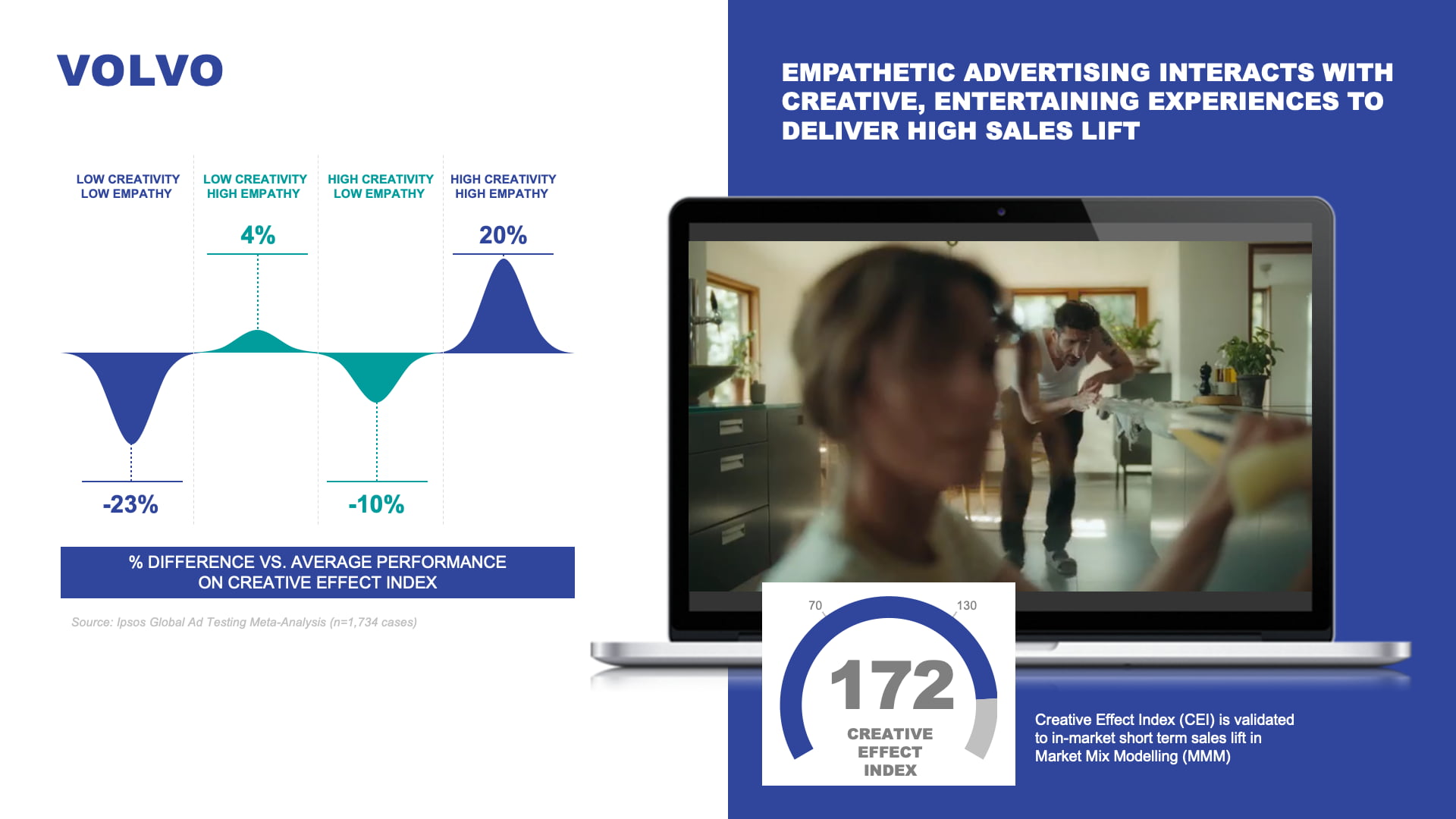Three keys to unlock brand success: shaping EXPECTATIONS, integrating CONTEXT, acting with EMPATHY
Brands are no longer in control. In a dynamic world, people are. Brands can make powerful connections and bring more to their lives by actively shaping their expectations.

Brands are no longer in control
Marketers, beware: you are no longer in control of your brand. In a dynamic world, people are in control. Think of Cadbury, for example, which triggered an uproar from consumers and the media when launching its “Unity Bar” to celebrate India’s diversity. On a more positive note, Vaseline recently gained 1.5% in household penetration in the U.S., thanks to “slugging,” a beauty routine prompted by TikTok creators.
But brands can make powerful connections with people and bring more to their lives.
Ipsos' vision to building great brands is underpinned by 3 keys to unlock brand success: shaping Expectations / integrating Context / acting with Empathy. This new approach empowers marketers to drive brand success by shaping people’s expectations, empathizing with people and understanding the role brands play in their lives.
Please discover Ipsos’ unique approach in this short video:
What's new? Watch our webinars to uncover the secrets of brand success

Our expectations lie at the foundations of all our subjective experiences, influencing the choices we make in all aspects of our lives. But, from a researcher’s perspective, expectations are not always the easiest concept to capture and measure.
In this episode of our KEYS webinar series, we share new analysis to help us better diagnose what citizens and consumers are looking for these days. How and where are expectations changing? And how can we better understand what underpins people’s choices?


People aren’t robots, they don’t make carefully-balanced purchase decisions, based only on relative price and utility.
Context matters: our Ipsos Global Trends survey shows rising proportions saying they want to buy brands which share their values. Overall, up to 50% of brand choice can be driven by societal or behavioural factors. We all need to stay tuned to this broader environment, as people around the world continue to deal with an array of global and local uncertainties.
At the next episode in our KEYS webinar series, we’ll be reflecting on how a better understanding of cultures, countries and communities can help us make more informed decisions.


More information soon.

EXPECTATIONS / Why shaping expectations is more important than just understanding them
Expectations are what people think and know about the brand and the category. This includes all the expectations people have about brands, such as:
- Sensorial expectations
- Functional/emotional expectations
- Social expectations
- Buying expectations

Why Coca Cola stands out at shelf
Expectations are important because they are the foundation of all our subjective experiences. For a long time, researchers assumed that experiences happened to us. However, modern neuroscience reveals that we are the authors of our experiences.

Carefully shaped expectations are why we can find that can of Coke instantly and easily on a busy shelf. It’s only because we have pre-set visual expectations of the colours and shapes we expect to see that we can find them easily.
CONTEXT / Why context truly matters
Successful brands start with understanding the context people live in: Context is what is happening in people's lives, and the world around them.
What is important to people and the brands they choose will change depending on the context. At Ipsos, we differentiate the macro from the micro context:
- The macro context embraces societal and cultural values, norms, and prevalent issues, topics, and themes.
- The micro context refers to the occasions in which people are choosing brands. That is, what needs they expect the brand to satisfy and what problems it must solve for them. The micro context also includes when, where and with whom people choose a brand.
Ipsos' EXPECTATIONS / CONTEXT / EMPATHY approach gives marketers a deep understanding of the everyday, personal context of their consumers: their immediate needs, goals and missions.

Why understanding Cultural Context drove success for Babbel
Babbel is a paid language learning online service that faces fierce competition from free-of-charge alternatives. Babbel needed to develop a new communication platform to create an emotional bond with people and give them a reason to pay for Babbel’s service.

Ipsos’ study revealed that people in different countries see different opportunities language learning brings. In Germany, for example, people learn languages for personal enrichment, while in Brazil, people learn languages to advance their career.
Ipsos enables marketers to measure Contextual Equity and Brand Desire:
- Contextual Equity helps ensure that Expectations align with people’s unique needs in a given context
- Brand Desire measures attitudinal brand preference, which changes across personal contexts
EMPATHY / How empathy elevates brand success
Empathy is to understand what's important to people, and how brands can add to their lives.
Brand managers who demonstrate empathy endeavor to continuously capture and feel what is important to societies, cultures and individuals across contexts and consumption occasions. Empathetic brand management and brand marketing has been proven to be more effective. For example, empathic communication is the #1 driver of long-term advertising effectiveness.
Indeed, Ipsos research based on 1,734 ads reveals that brands with higher Attitudinal Equity (a synonym for empathy) deliver higher sales lift.

How Volvo connected their safety legacy with what matters to people in their lives
One of the obvious places for brands to demonstrate empathy is through their advertising.
This campaign for Volvo showcases how important empathy is when it comes to a brand’s creative expression.
In this meta-analysis, our Creative Excellence team identified that creative advertising must demonstrate that the brand understands people, and must act empathically.

We get people, we get brands
At Ipsos, we help you understand the role your brand could play in people’s lives. We uncover their unique contexts and what is important in their lives. We turn data into insights and strategies so only your brand can meet them.




